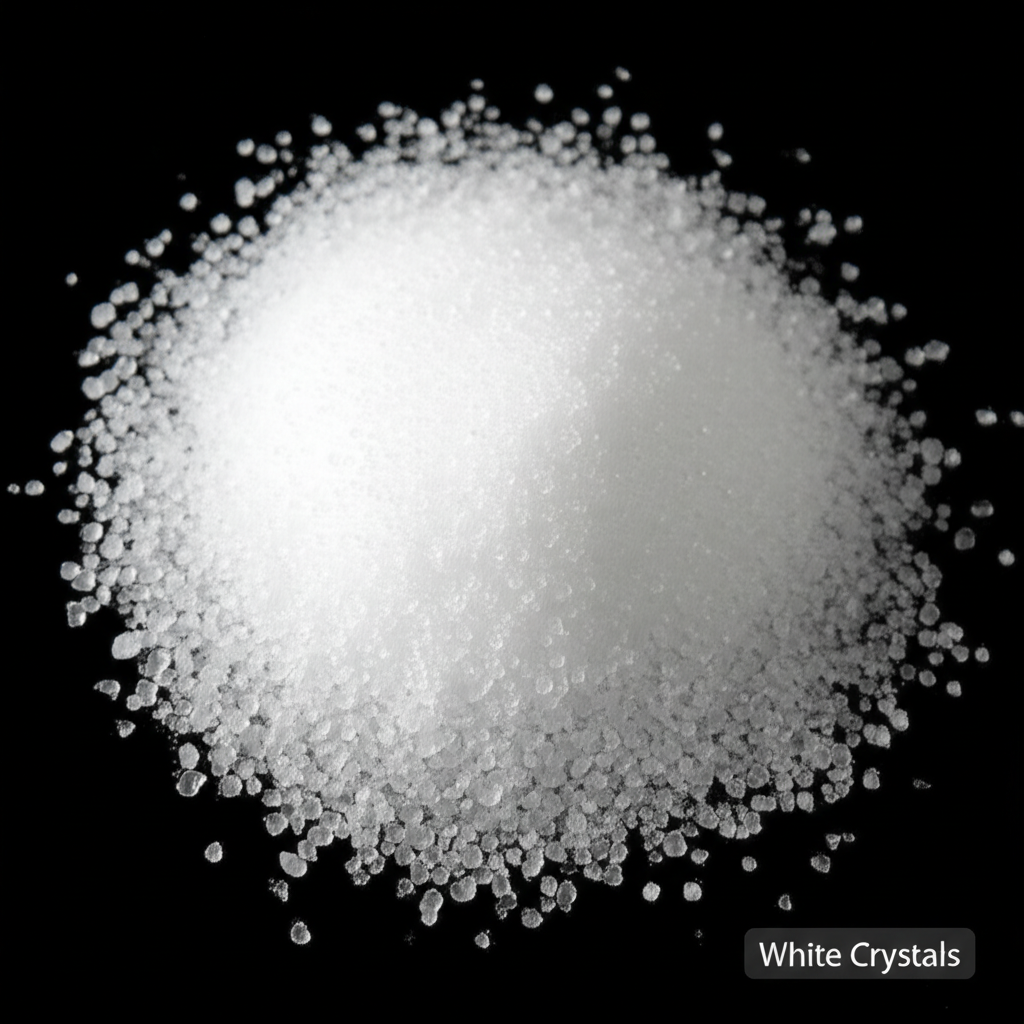Adipic Acid: The Versatile Dicarboxylic Acid for Nylon, Polymers, and Food Applications
Discover the extensive applications of adipic acid, a key component in nylon production, polymer manufacturing, and food products.
Get a Quote & SampleProduct Core Value

Adipic Acid
Adipic acid, also known as hexanedioic acid, stands as a critical dicarboxylic acid with a significant footprint across various industrial sectors. Its molecular structure makes it an indispensable precursor for the production of nylon 66, a highly sought-after synthetic polymer known for its strength and durability. This vital role in polymer synthesis, alongside its applications in polyurethanes and as a plasticizer for PVC, underscores its importance in material science and manufacturing.
- Leveraging adipic acid's properties for advanced nylon production is a key application that highlights its industrial significance.
- The versatility of adipic acid chemical formula enables its use in a wide range of polymer manufacturing processes.
- As a crucial component in food additive adipic acid applications, it enhances flavor profiles and texture.
- Understanding the adipic acid industrial applications reveals its broad utility beyond just polymer precursors.
Key Advantages
Enhanced Polymer Properties
The consistent quality of adipic acid ensures superior performance characteristics in the resulting polymers, making it a preferred choice for demanding applications.
Versatile Functionality
Adipic acid's dual carboxylic acid groups facilitate diverse reactions, enabling its use in creating a variety of esters and polyamides, crucial for many industries.
Food Grade Applications
Utilized as a food additive, adipic acid contributes to flavor enhancement and acts as a gelling agent, improving the sensory experience of food products.
Key Applications
Nylon Production
As a primary monomer, adipic acid is essential for creating nylon 66, a material valued for its toughness and abrasion resistance in textiles and engineering plastics.
Polymer Manufacturing
Beyond nylon, adipic acid serves as a building block for polyurethanes and various specialty polymers, contributing to their unique properties and applications.
Plasticizers
Esters derived from adipic acid are widely used as plasticizers, particularly for PVC, enhancing flexibility and processability in plastic products.
Food Industry
Adipic acid functions as a food acidulant, flavorant, and gelling agent, improving taste, texture, and shelf-life in products like gelatin desserts and beverages.
